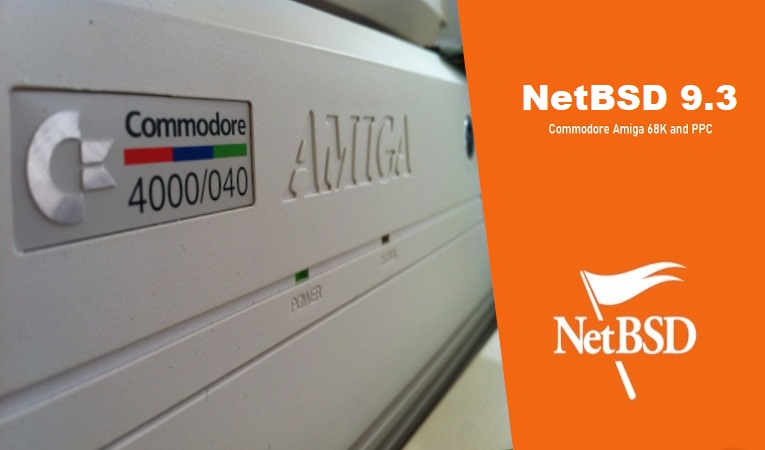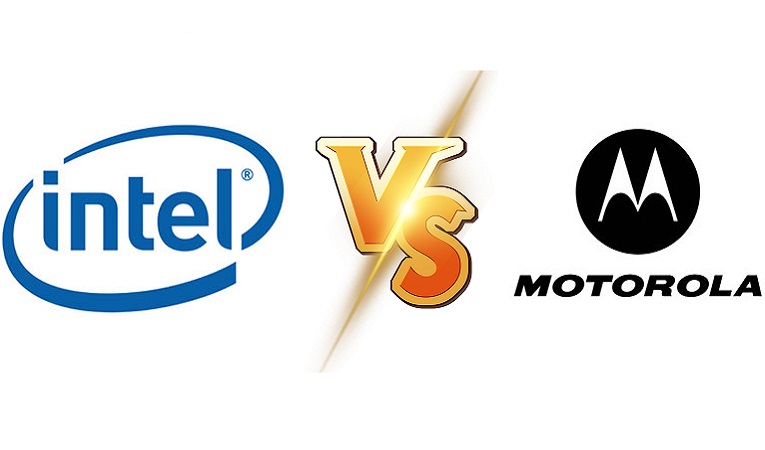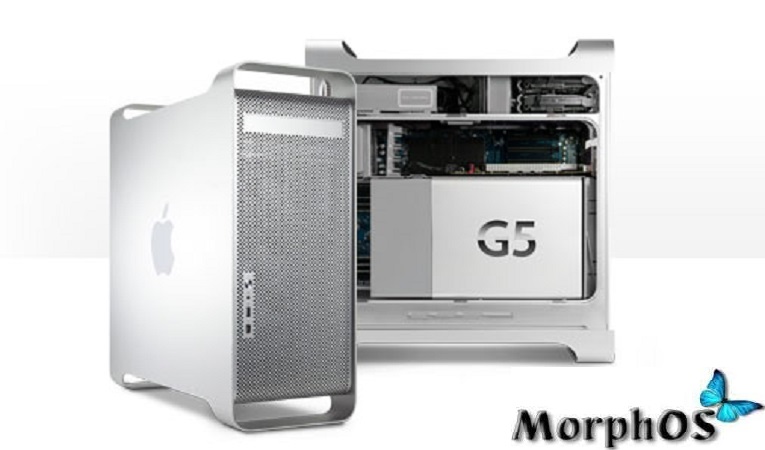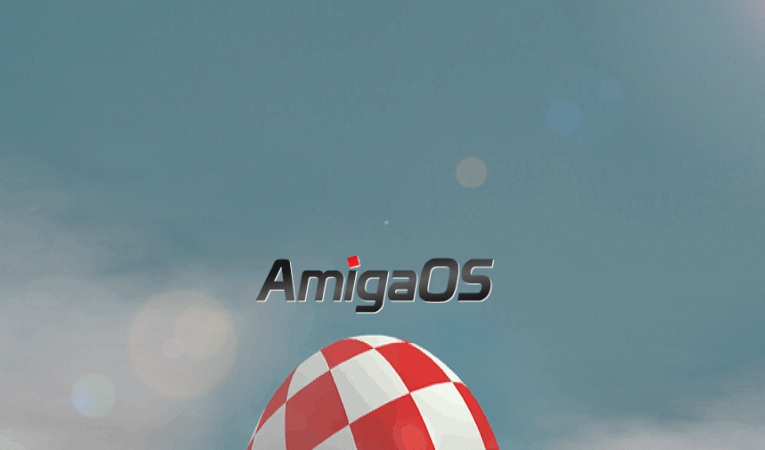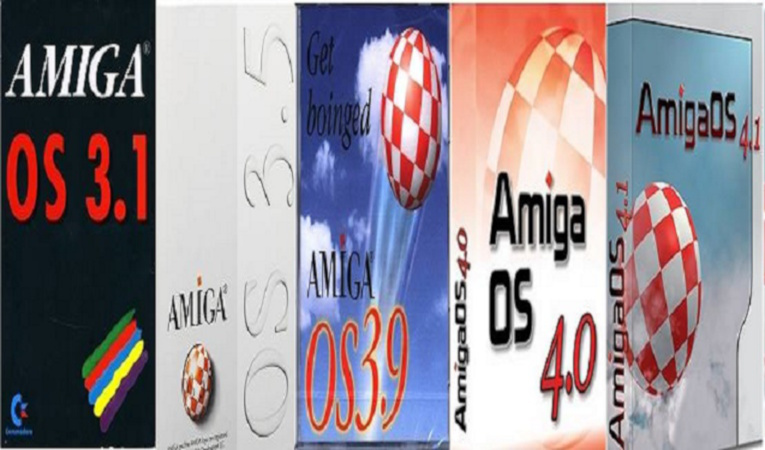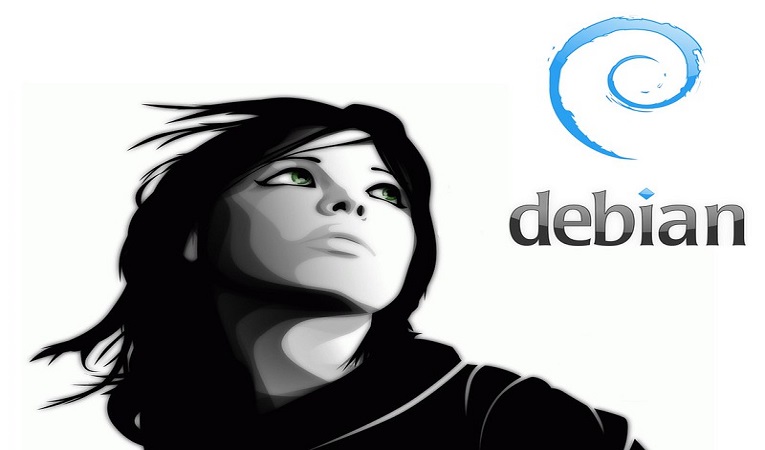
Debian is a free and open-source Linux distribution known for its stability, flexibility, and commitment to free software principles. It is one of the oldest and most influential Linux distributions in the world, originally created by Ian Murdock in 1993. The name “Debian” is a combination of his name and that of his then-girlfriend, Debra. As an operating system, Debian provides a complete set of pre-configured software packages for a wide range of hardware architectures, making it highly versatile and suitable for various use cases. It is maintained and developed by a large community of volunteers worldwide, who collaborate on its ongoing development and support, and the new upcoming Debian 13 distro will offer support for the RISC-V 64bit processors. Altough most Linux distros are working on compatibility improvements for ARM processors RISC-V is rather unknown territory for many alternative operating systems out there. None the less, RISC-V processors have gained significant attention and momentum in the world of computing and processor design. RISC-V is an open-source instruction set architecture (ISA) based on Reduced Instruction Set Computing (RISC) principles. Unlike proprietary ISAs, RISC-V is freely available, allowing anyone to use, modify, and contribute to its development. This openness has led to widespread interest and adoption in various domains, including academia, research, industry, and even in consumer devices. While the RISC-V architecture itself is mature, the software ecosystem, including compilers, operating systems, and development tools, is still evolving. However, efforts are ongoing to improve tooling and support for RISC-V. RISC-V processors represent a disruptive and innovative approach to processor design. Their open-source nature, scalability, and modular design have attracted widespread interest and adoption in various domains. As the RISC-V ecosystem continues to mature and gains more industry support, it is likely to become an increasingly popular choice for diverse computing applications, ranging from embedded systems and IoT devices to high-performance servers and data centers. The ongoing developments and advancements in the RISC-V community promise an exciting future for open-source processor architectures and the broader computing industry and Debian joining forces makes it even more interesting. Maybe, Hyperion Entertainment should consider this very intressting open-source architecture for future releases of AmigaOS.
image source: Pinintrest



